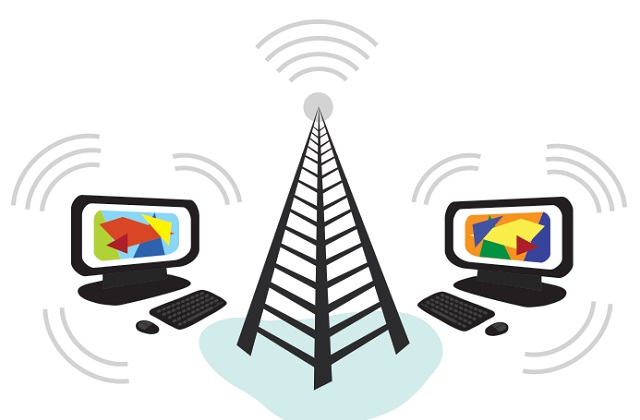
Kampala, Uganda | THE INDEPENDENT | Internet use has been reported to be rising rapidly in Uganda since 2021 with citizens’ main uses being social purposes, engaging with social media platforms, watching news, and research.
This is according to the latest report released by Twaweza, an East African-wide non-governmental organization that tracks citizens’ views on a wide range of issues. The report on Ugandan citizens’ opinions and experiences on media engagement and citizen participation is based on 2,741 respondents and indicates that the rapid rise in internet usage is driven by mobile phones and social media.
“In just the past three years, the number of citizens who had accessed the internet in the previous four weeks on their mobile phone increased from 15% to 24%. There was a similar increase, though from a smaller starting point, in the number who had accessed the internet from a computer,” reads part of the report.
On mobile phones, the report reveals that citizens’ main uses of the internet are for social purposes, specifically, 15 percent chat with friends and 13 percent engage with social media. These are followed by watching the news (9 percent) and research (9%). On a computer, the same uses dominate, though research ranks higher, according to the Twaweza report.
“All these uses of the internet have increased substantially since 2021, while over the same period, the number of citizens who report using the internet for sending and receiving email has declined,” further reads the report.
However, the same report indicates that the vast majority of citizens (76 percent) reported that they did not access the internet for any purpose in the previous four weeks, and are thus effectively excluded from the many benefits that internet access can bring.
Dr Fred Kakooza, a Senior Lecturer at Makerere University’s Department of Journalism and Communication, where he also coordinates online content says that digital platforms, especially social media platforms have brought out what would define someone as a citizen in terms of ‘unlimited participation’, feedback, and collaboration.
“These aspects have come out through the different issues that have been raised online, especially on X. We have seen citizens gathering around issues and they amplify them,” Dr. Kakooza noted, saying that this probably explains the rising internet use by citizens.
However, Dr. Kakooza noted that citizens who participate on social media platforms are just a small group of urban elites who can access the internet and have had an education, and therefore can analyze and criticize some of the issues.
According to data by Twaweza, WhatsApp is the leading social networking service used by Ugandans, with two out of ten citizens (20 percent) using the service, up from one out of ten (11 percent) just three years earlier. This is followed by Facebook (14 percent) and TikTok (9 percent), which has grown rapidly in the past few years. X and Instagram are used by only a very small percentage of citizens, almost all well-educated residents of Greater Kampala.
Marie Nanyanzi, the Senior Program Officer at Twaweza says that some of the reasons stopping citizens from accessing the interest are the cost of gadgets, for example, smartphones and computers, data access, and illiteracy, among others.
“Most times when you look at the content on social media, most of it is in English. We do not have a lot of content in other languages and yet we see that from this same report, not every Ugandan can use English as their main source of information. Different regions rely on different languages as a channel through which they access information,” she said.
Nanyanzi noted that one way of improving the usage of the internet is having more content relayed in local languages to encourage other Ugandans who are not comfortable with English to partake of the information.
****
URN
 The Independent Uganda: You get the Truth we Pay the Price
The Independent Uganda: You get the Truth we Pay the Price


